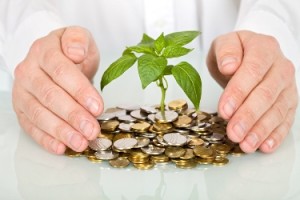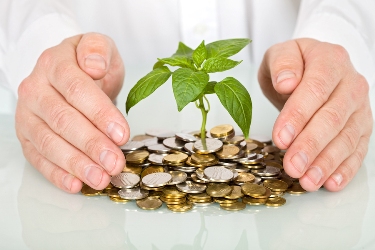
The post-sanction era has brought with itself opportunities for Iran to enhance its global political status and more engagement with the world countries.
Tehran-based English newspaper Iran Daily in an opinion piece published on Monday looks into the recent post-sanction economic developments and how they could be used to safeguard Iran’s national security.
The full text follows:
Iranian President Hassan Rouhani and his delegation’s visit to Italy and France (January 25-28) had successful political and economic outcomes. The visit helped enhance Iran’s political status and prepared the ground for fostering relations with other countries on the basis of mutual respect.
The trip marked an auspicious beginning in the expansion and deepening mutually respectable relations between Iran and the international community.
Iran and France on Thursday signed a series of basic trade deals thought to be worth billions of dollars. The deals pertained to cooperation in a range of sectors such as aviation, auto-manufacturing and oil among others.
Among the key deals were the purchase of a number of Airbus planes by Iran worth a total of $25 billion, which covers “the acquisition of 118 new aircraft, the training of pilots, airport operations and ATM (Air Traffic Management) support, two framework agreements with Total on the purchase of crude oil and the transfer of between 150,000 and 200,000 barrels of crude per day from Iran to French and European refineries as well as the involvement of giant Bouygues and Aeroports de Paris (ADP) in upgrading airport facilities in Iran”.
In addition to these deals, the two sides signed other contracts and MoUs, most of which call for joint investment by Iranian and French companies to establish infrastructures and build up production capacities. These contracts will direct the flow of domestic and foreign funds into the projects of other Iranian sectors such as oil, gas, auto production, railroad transportation, mining, metal production and communication. Hardware investments can lead to the guaranteed flow of funds and increased import of modern equipment for domestic projects and the country, respectively. This, per se, can help the economy become more dynamic and, thus, ride out of recession.
In addition, establishing stronger mutual economic links and connections with the world’s developed economies will lead to fewer international conspiracies against the country. Intertwining economic relations with other countries is among the strategies to safeguard national security in the face of overseas threats.
Moreover, the deals will help Iran renovate its hardware capabilities and increase their number. Following 10 years of diplomatic, political and economic isolation, currently, the domestic economy’s equipment and hardware facilities, such as the country’s aviation fleet, are quite outdated and dilapidated due to insufficient investments. Although renovating and expanding hardware capabilities are absolutely necessary for accelerating economic development and ensuring sustainable employment, they are definitely not enough.
The fact is most of Iran’s main economic sectors require overhaul in management. Simply, purchasing 118 Airbus planes will not guarantee restoration of dynamism, vivacity and prosperity to the country’s aviation sector, when it is suffering from problems such as low quality of services, exhausted and poorly motivated personnel and inefficient management system. The import of hardware is required to be accompanied by concurrent renovation of a sector’s management software, training of its workforce and modification of its organizational culture. Stagnant and inefficient organizations which suffer from low productivity need to bring up responsive and responsible staff.












